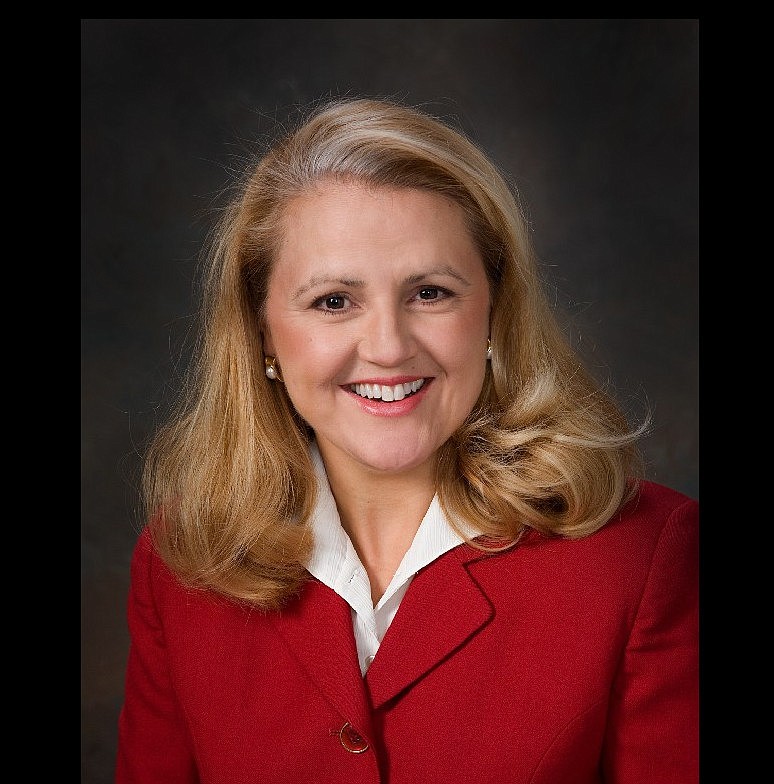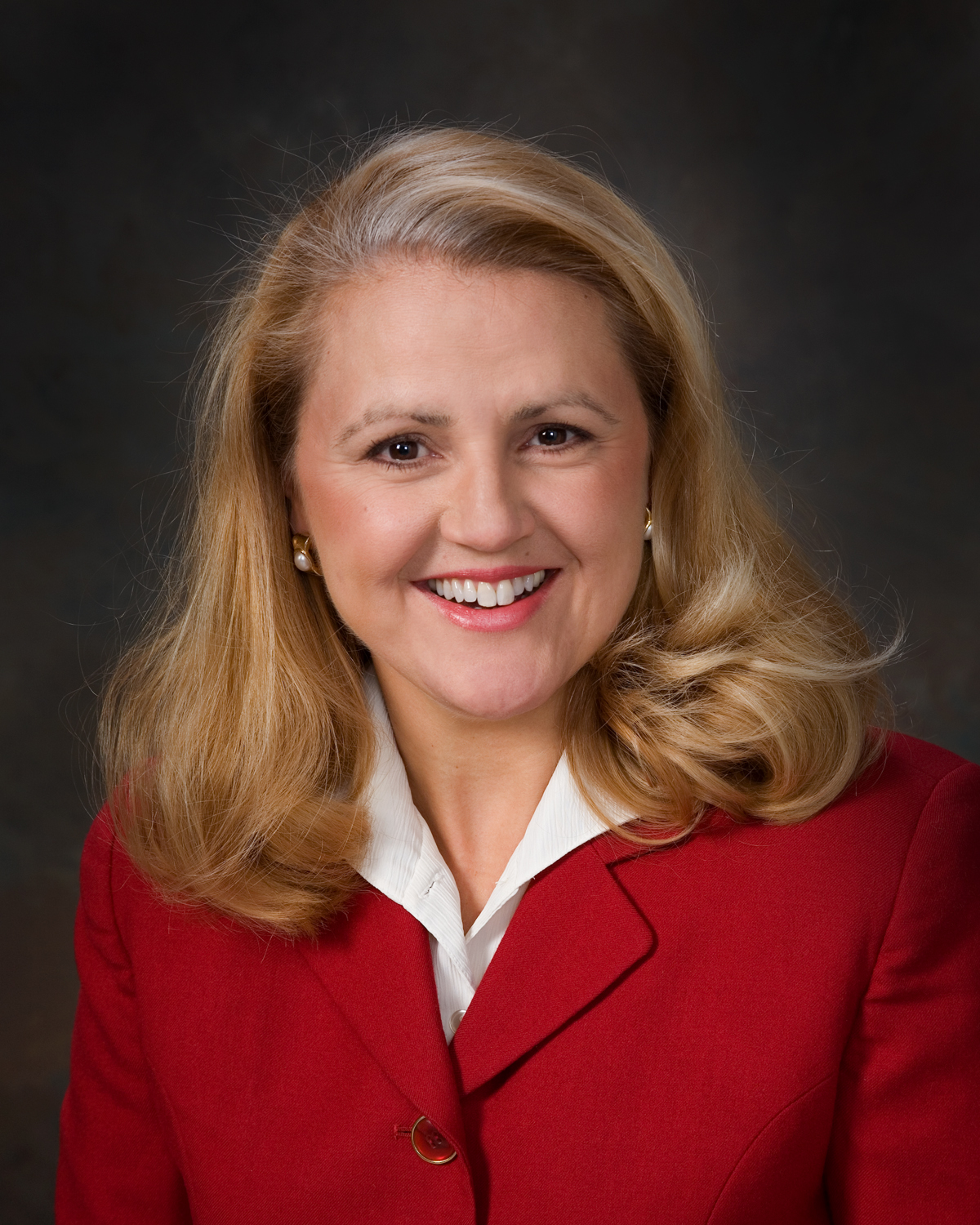Most people have never heard of Mildred Fay Jefferson. Her life of 84 years, however, demostrated excellence, intellect and attracted the attention of great leaders such as Ronald Reagan.
Dr. Jefferson quickly earned my respect and admiration after hearing her eloquent account of her life's path and devotion as a physician.
Born to a Methodist minister and a school teacher living in rural Texas, "Millie" followed a local doctor around her hometown of Carthage admiring his profession when she was a young woman. By age 16, she had earned a bachelor's degree from Texas College, a traditionally African-American institution near her home.
Jefferson's medical school dream was delayed due to her youth, so she entered Tufts University, receiving a master's degree while awaiting the calendar to qualify her to apply for medical school.
She applied to Harvard Medical School and graduated in 1951, the first African-American to do so. She was also the first female to practice at Boston's University Medical Center and the first female member of the Boston Surgical Society.
Honored by the group, the Histo-
ryMakers, that records the "personal stories of well-known and unsung African-Americans," Dr. Jefferson was heralded for "a career-long interest in medical jurisprudence, medical ethics and the interface between medicine and law, as well as their impact on public policy and society."
Dr. Jefferson became a voice for personal freedom and responsibility; for educational excellence; against socialized medicine. She was also a strong advocate for unborn children in the era that "birthed" the abortion-rights movement.
In Massachusetts, Dr. Jefferson was a founder of Citizens for Life. She also helped found the National Right to Life Committee, becoming its president from 1975 through 1978.
Dr. Jefferson's medical experience, her academic prowess and faith, placed her in the spotlight in very consequential times of policy and politics. After the airing of a PBS program, "The Advocates," on which she made a guest appearance, Dr. Jefferson received a hand-written note that concluded with this statement, "You have made it irrefutably clear that an abortion is the taking of a human life, I am grateful to you." The passage was signed by Ronald Reagan.
Dr. Jefferson's life devoted to "exposing the evils of eugenics, Planned Parenthood, and the abortion agenda," as described by the Radiance Foundation in its Black History month tribute in 2012, was multi-dimensional in purpose and principle.
She was a self-described "Lincoln Republican," but her God defined her politics, not the other way around.
Dr. Jefferson's view of welfare was dim as she observed in a 2009 radio interview: "Welfare is an organ of social control."
In consistently defending the Hippocratic Oath taken by physicians to "do no harm" and "to give no deadly medicine to any one if asked, nor suggest any such counsel; and ... not cause an abortion," her standing in the medical community could not be challenged.
Her articulate statements left no question as to her standing on issues. In a 2003 interview with The American Feminist, she declared: "I became a physician in order to help save lives. I am at once a physician, a citizen, and a woman, and I am not willing to stand aside and allow the concept of expendable human lives to turn this great land of ours into just another exclusive reservation where only the perfect, the privileged, and the planned have the right to live."
Honoring the power of a life which transcends race, gender, partisanship and status, I salute Dr. Mildred Fay Jefferson.
Robin Smith served as chairwoman of the Tennessee Republican Party, 2007 to 2009. She is a partner at the SmithWaterhouse Strategies business development and strategic planning firm and serves on Tennessee's Economic Council on Women.

